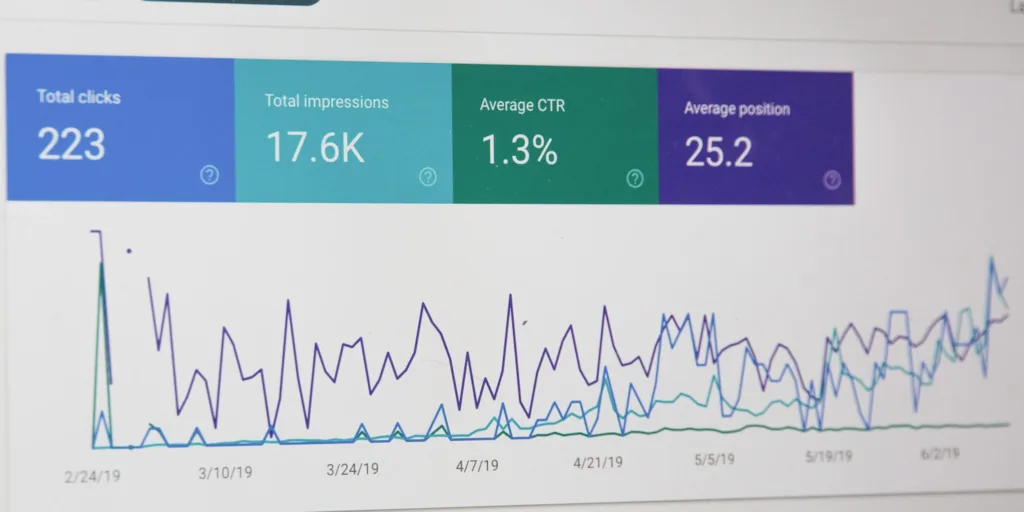Strategies for Successful Digital Marketing During Economic Downturns
In times of recession, small businesses face numerous challenges, including reduced consumer spending, decreased demand, and increased competition. Therefore, small businesses must develop effective digital marketing strategies to remain competitive and stay afloat. This article will discuss effective ways to digitally market your small business during a recession.

Focus on your target audience
The first step to effective digital marketing is identifying your target audience. Knowing your audience’s preferences, habits, and needs will help you tailor your marketing strategies to their interests, resulting in a higher return on investment (ROI). Next, research your target audience and create buyer personas to help you understand their needs better.

Leverage social media
Social media platforms such as Facebook, Instagram, Twitter, and LinkedIn are excellent tools for digital marketing. They allow you to reach a wider audience, engage with customers, and promote your products and services. Develop a social media marketing plan to increase your brand awareness and attract more customers, including content creation, posting schedules, and paid advertising campaigns.

Invest in Search Engine Optimization (SEO)
SEO is optimizing your website to improve its visibility and ranking on search engine results pages (SERPs). It involves using relevant keywords, optimizing content, and building quality backlinks. Investing in SEO can help you attract organic traffic to your website, increasing visibility and potential customers.

Offer promotions and discounts
During a recession, customers seek the best deals and value for their money. So offer promotions, discounts, and other incentives to attract more customers to your business. This can be done through email marketing, social media campaigns, or other digital marketing channels.

Partner with other businesses
Partnering with other businesses can be a win-win situation for both parties. Collaborate with businesses that complement your products or services to cross-promote each other’s businesses. This can help you reach a new audience and increase your brand awareness.

Monitor and analyze your results
Monitoring and analyzing your digital marketing campaigns’ results is essential to measure their effectiveness and make necessary adjustments. Use tools like Google Analytics and social media analytics to track your website traffic, engagement, and conversion rates.
In conclusion, digital marketing is a powerful tool for small businesses to survive and thrive during times of recession. By understanding your target audience, leveraging social media, investing in SEO, offering promotions and discounts, partnering with other businesses, and monitoring and analyzing your results, you can develop effective digital marketing strategies that will help you stay competitive and grow your business.